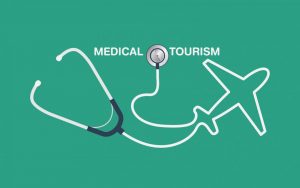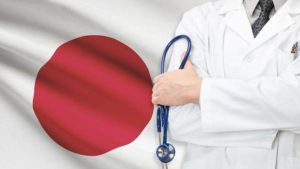Since the inception of Canada’s Healthcare system in 1967, it has been a huge success. Currently, Canada is among the top ten countries in the world with a superb healthcare system. Most of the health services are free to Canadians, and residents who are there in the long-term.
Below are some of the benefits of Canada’s Healthcare
Availability to everyone
As far as you are in Canada, you have unlimited access to healthcare. Unlike other countries, there are no bureaucracies when it comes to receiving healthcare.
Citizens and residents have equal access to healthcare and they will only have to spend on regular prescription drugs, dental care and few other services.
Presence of Health Education Programs
Canada cares so much about the health of its citizens and residents and this is why the Government organizes regular health education programs.
The essence of these education programs is to increase awareness, so that everyone will take proactive measures towards their health.
Health education programs encourage citizens to always check in with their doctor anytime they exhibit any symptom. Now, health education programs are funded by the government and they ensure everyone is educated in this aspect.

Care for special needs
It is interesting to note that Canadian healthcare system takes distinct consideration for the disabled, elderly, the children and the orphans. The healthcare system was designed to care for these special needs because this category of people might not be able to care for themselves.
Canadian health insurance is also called the Canada Medicare. This is a public health insurance where Canadian residents and citizens receive medical services via medicare. The medicare is paid via taxes and when you use medical care, there is no cost.
If you are thinking of migrating to another country, Canada is one of the best countries to consider. The healthcare is something to live for owing to the fact that the Government puts the health of its citizens and residents first.







